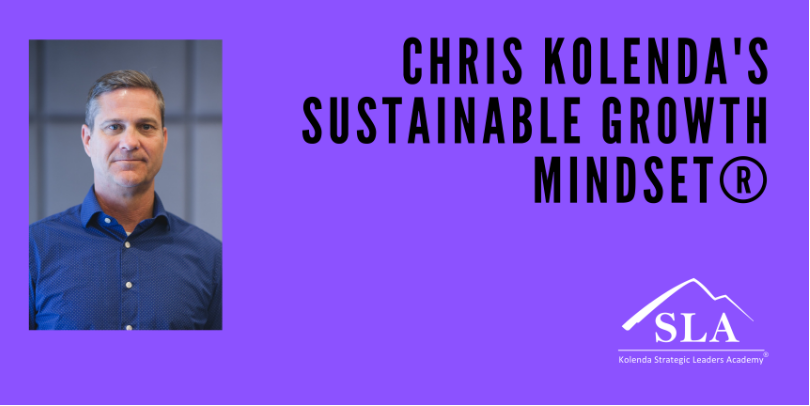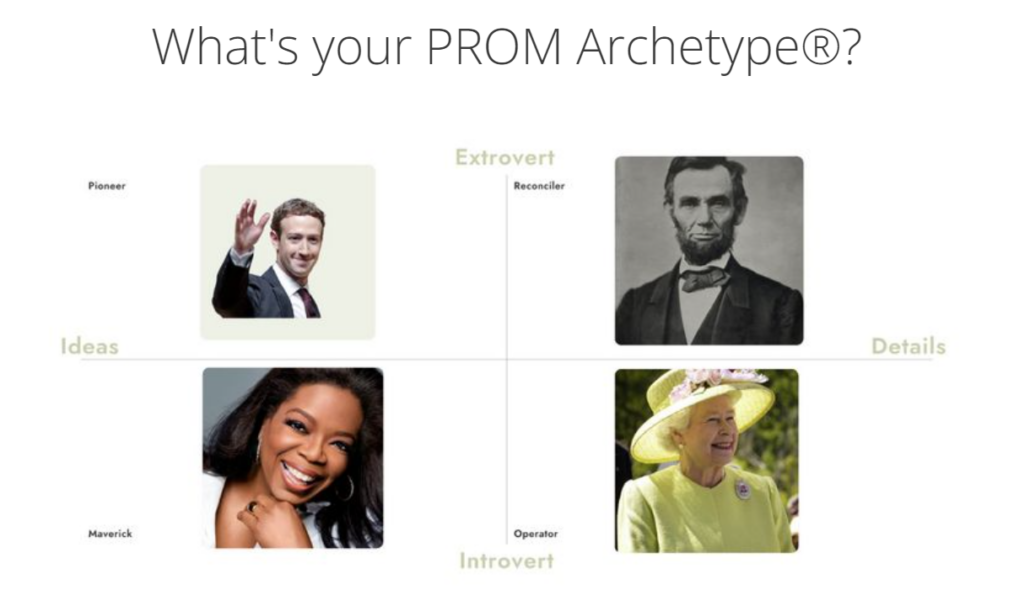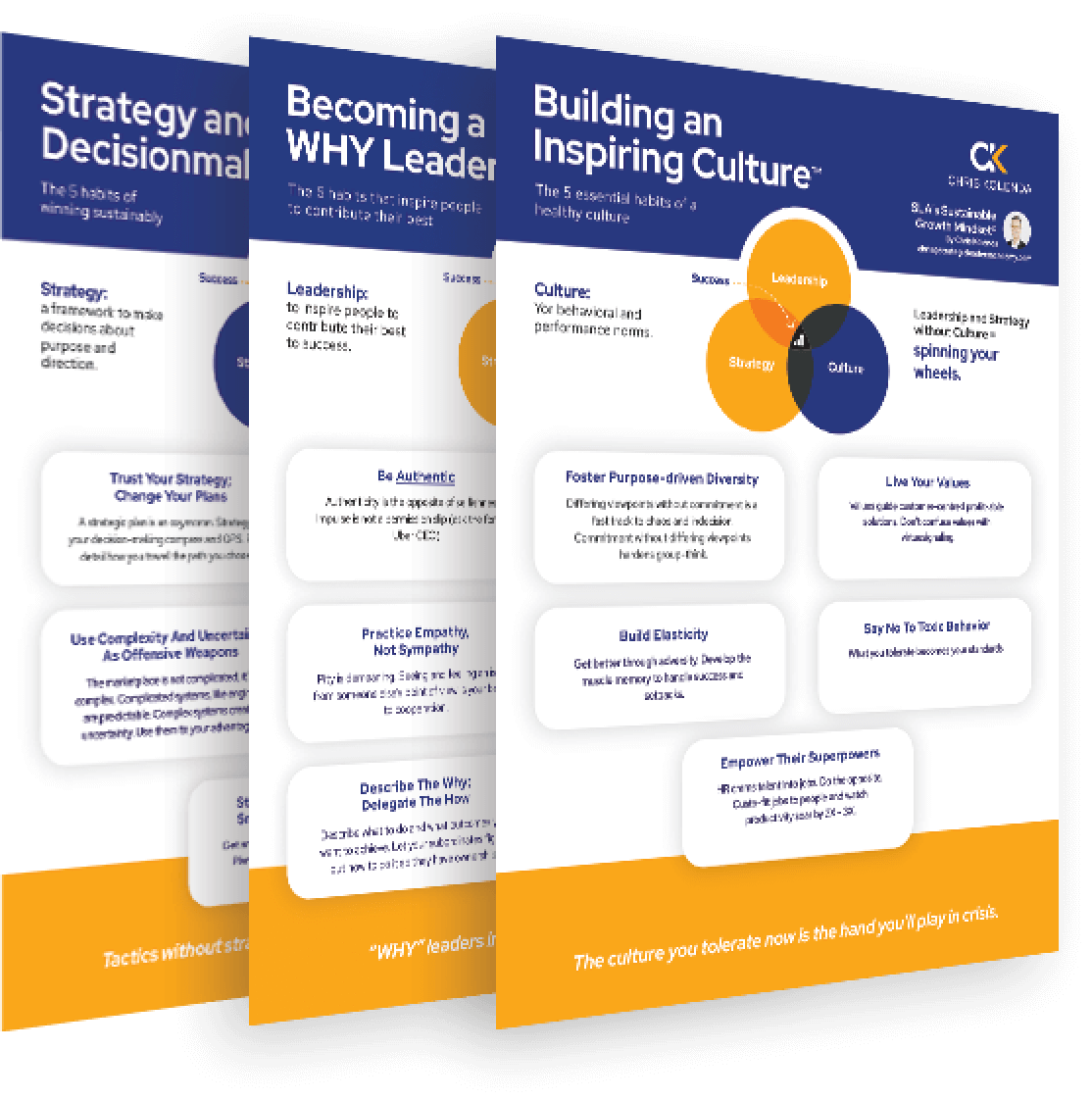What the Collapse of FTX tells us about Diversity; and shows Leaders where they can do Better

Samuel Bankman-Fried, by work standards, had a diverse inner circle, but groupthink and lack of perspective sank his company, FTX, and cost people billions. Skin-deep diversity is a fast track to failure.

Diversity, Shallow and Deep
The head of a Milwaukee consulting firm that trains women for participation in corporate governance told an audience last week that having two women on a board of directors leads to better decisions. A (male) spectator noted that the speaker’s board of directors consisted of women only and wondered if the presence of two men would be helpful.
The NASDAQ stock exchange has directed its participating companies to have two diverse board directors, including one who self-identifies as female and one who self-identifies as either an underrepresented minority or LGBTQ+,” or explain to shareholders why they’ve fallen short.
As I’ll discuss below, physical diversity is important for legitimacy. Tokenism is shallow, and so is having the deck stacked against you because of your chromosomes.
FTX’s collapse shows that skin-deep diversity is insufficient, and this HBR study shows why it could damage your company.
Courageous leaders broaden participation and recognize that unisex, monochrome boards lack legitimacy. They surround themselves with people who look and think differently and have different life experiences.
Diversity is an iceberg; what you see above the waterline represents a fraction of its mass. Below the surface lies the iceberg’s bulk. Ignore that and wind up like the Titanic.
Physical diversity — what you can see — is the tip; cognitive and experiential diversity occupy the depths.

Cognitive diversity occurs when you surround yourself with people who think differently. Their natural contributions provide you with alternative capacities. Some are tactical innovators willing to rock the boat, while others build consensus and keep people on board. Big-picture strategists help you solve complex challenges, but somebody’s got to manage the details. My PROM Archetypes® give you a framework for cognitive diversity. You can take the self-assessment here.
Experiential diversity includes education, development, and life experiences that provide perspective. Math and science nerds who’ve lived their entire lives in leafy suburbs, regardless of their chromosomes, are likely to have monochrome views. In contrast, people who might look the same but have varied socio-economic backgrounds, experiences, and education will enrich discussion and decision-making.
You Need All Three
Physical, cognitive, and experiential diversity gives you the capacity for good governance. Without physical diversity, your organization lacks legitimacy in the eyes of your stakeholders. If you don’t have cognitive diversity, you’ll get groupthink. Inadequate experiential diversity undermines the perspective you need to deal with complexity and uncertainty.
FTX had only tip-of-the-iceberg diversity.
Diversity in-depth, combined with a commitment to the common good, creates a board of directors or leadership team that will take your organization to new heights.
Back on Track
- Our board looks very different than our stakeholders; what perspectives are we missing?
- We’ve got fantastic ideas, but we keep falling short on execution. Do we have the cognitive diversity we need to be successful?
- I feel a natural connection with everyone on this all-Ivy-Leaguer board, but we’ve missed the points of view of the people we’re serving.
- We agree on everything. When everyone thinks alike, it means that no one is thinking. Let’s bring in the fresh air.
Are you okay with shallow diversity?
Accountability Masterclass
This complementary masterclass on December 7 at 3:30 pm U.S. Central focuses on accountability. By the end of this masterclass, you will be able to:
* Provide feedback that improves performance and reduces awkwardness.
* Use proactive accountability to improve success dramatically.
* Enact a 3-level accountability system that increases buy-in and lowers your burden.
* Avoid common pitfalls that erode accountability and increase tension while leaving you feeling like you are the only one vested in success.
Here is the link to the masterclass on December 7 at 3:30 pm U.S. Central
Share this opportunity with one or two others you think would benefit from the discussion.







